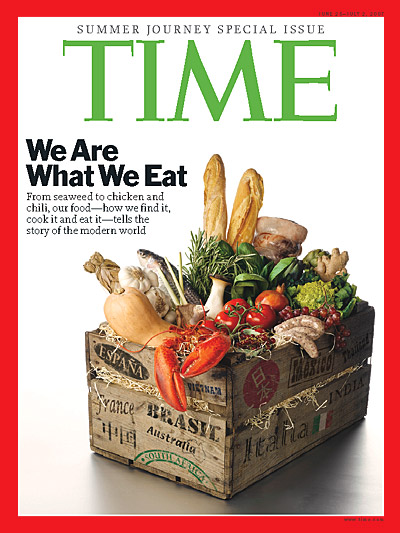There is growing anxiety in Singapore about education. For a start, we have parents worrying about what their children are expected to learn in school. This case is not atypical:

SINGAPORE – Diurnal.Anemometer.Navvy. Osseous. Philately.
These are some of the words in Creative Vocabulary 6, a book which is on a 2013 list of reading materials given to pupils from a primary school in the west.
And such sentiment has been echoed by politicians as well:

SINGAPORE – Unless education policies change, the less well-off may find it harder to move up the socio-economic ladder.
That is PAP candidate for Punggol East Koh Poh Koon’s big worry.
A bus driver’s son, Dr Koh is today a colorectal surgeon with his own private practice at Mount Elizabeth Hospital.
He studied medicine at the National University of Singapore and won government scholarships to further his training overseas.
“Education was a social leveller in my time, and without it I wouldn’t be here,” the 40-year-old told The Sunday Times.
“Today, I’m not quite sure education is still the same social leveller it was 20, 30 years ago. It seems if you don’t have the means to put your kids through tuition, you may not catch up,” he added.
This concern about the lack of equity and the role played by money and markets in a social good like education has been recognised, most notably by Harvard philosopher Michael Sandel.
We should be worried about this trend for two reasons. First, as money looms larger in our societies, affluence – and its absence – matters more. If the main advantages of affluence were the ability to afford yachts and fancy vacations, inequality would matter less than it does today. But, as money comes to govern access to education, health care, political influence, and safe neighborhoods, life becomes harder for those of modest means. The marketization of everything sharpens the sting of inequality.
Read more here
How should social goods like education be allocated? What would be equitable? Does our system need reform? Singapore has already been branded a “tuition nation“. Do we need change? What needs to change? If we do, can the government alone bring about this change? Is what the Ministry of Education already doing enough?



































































